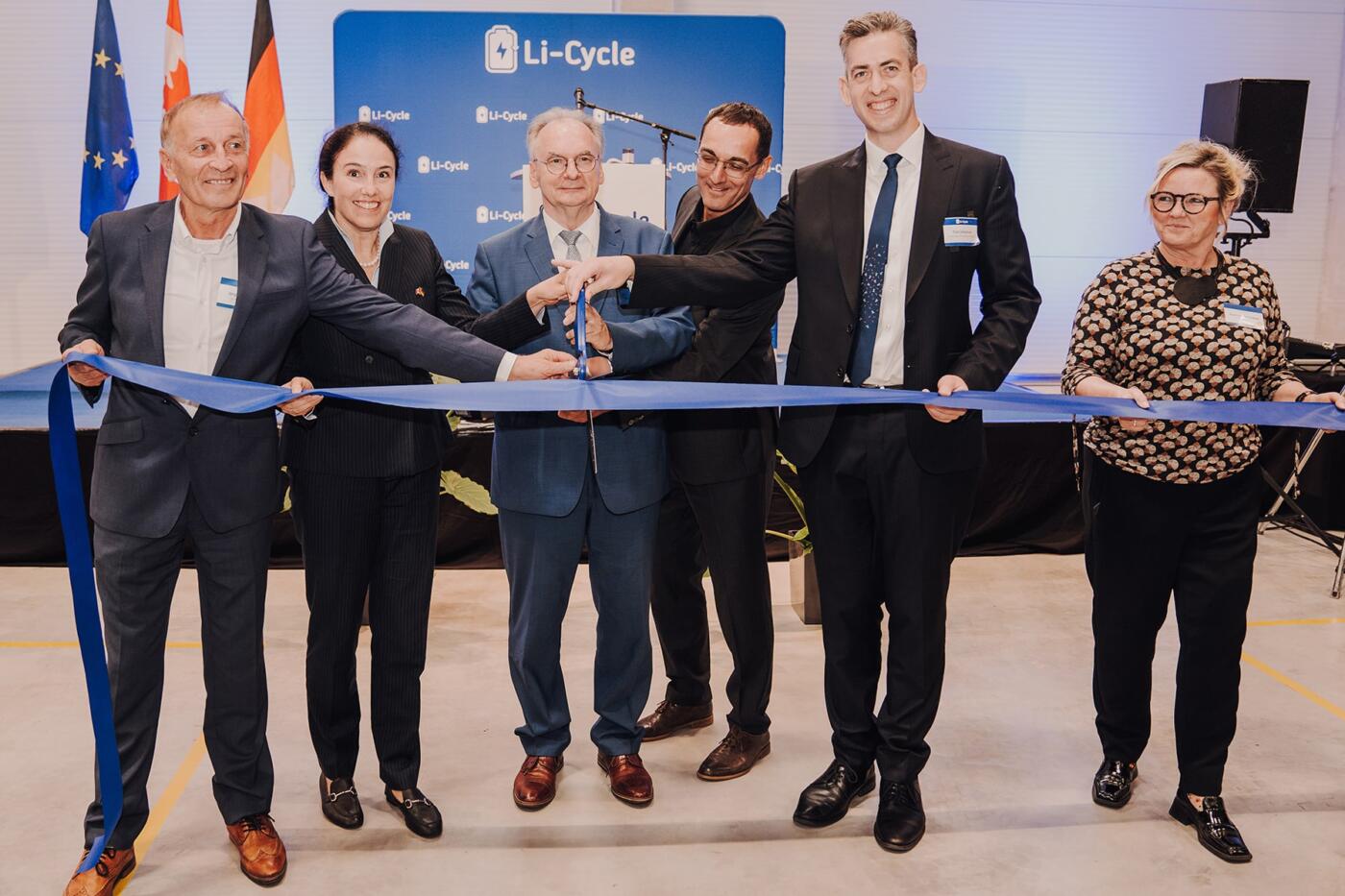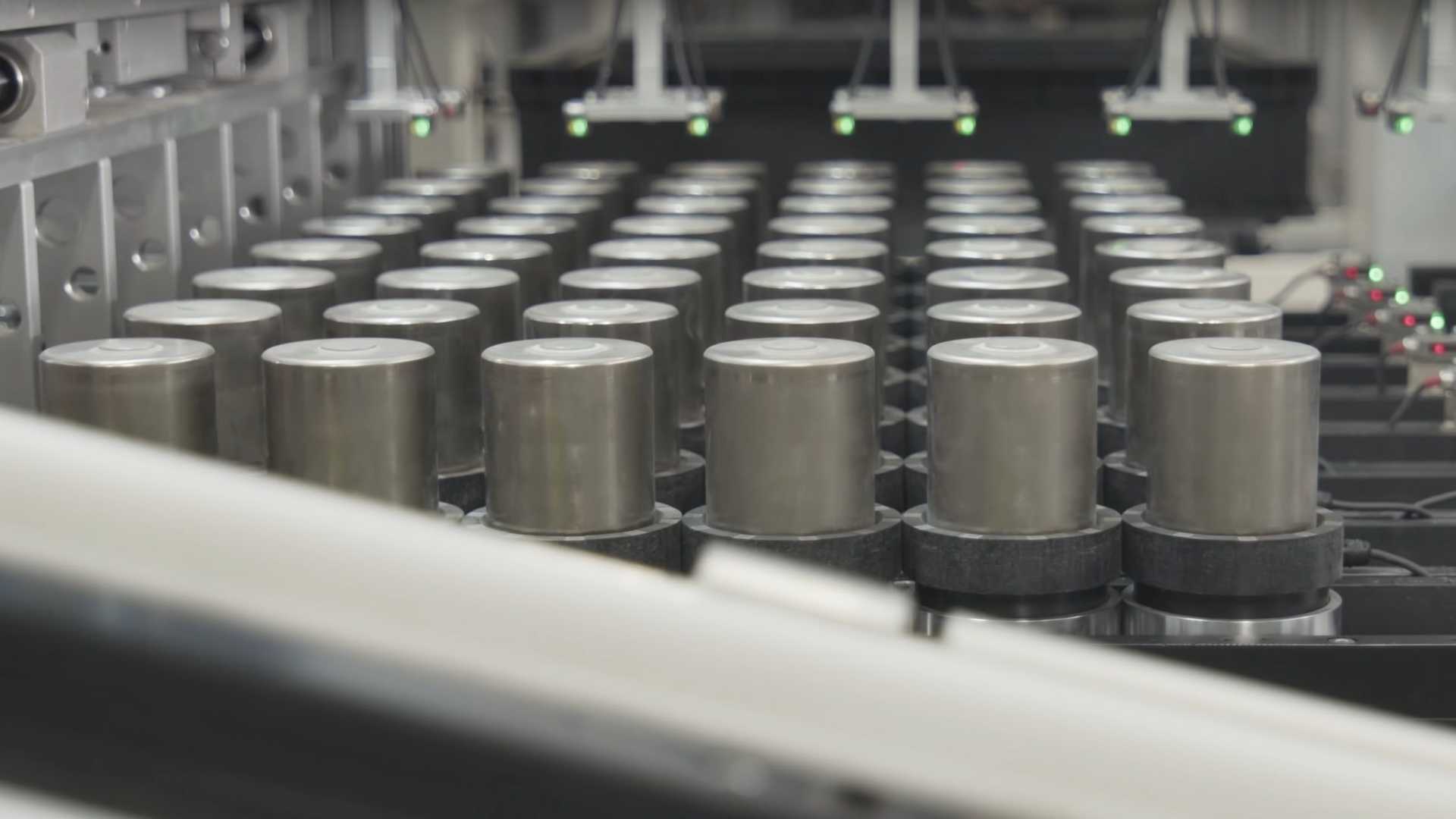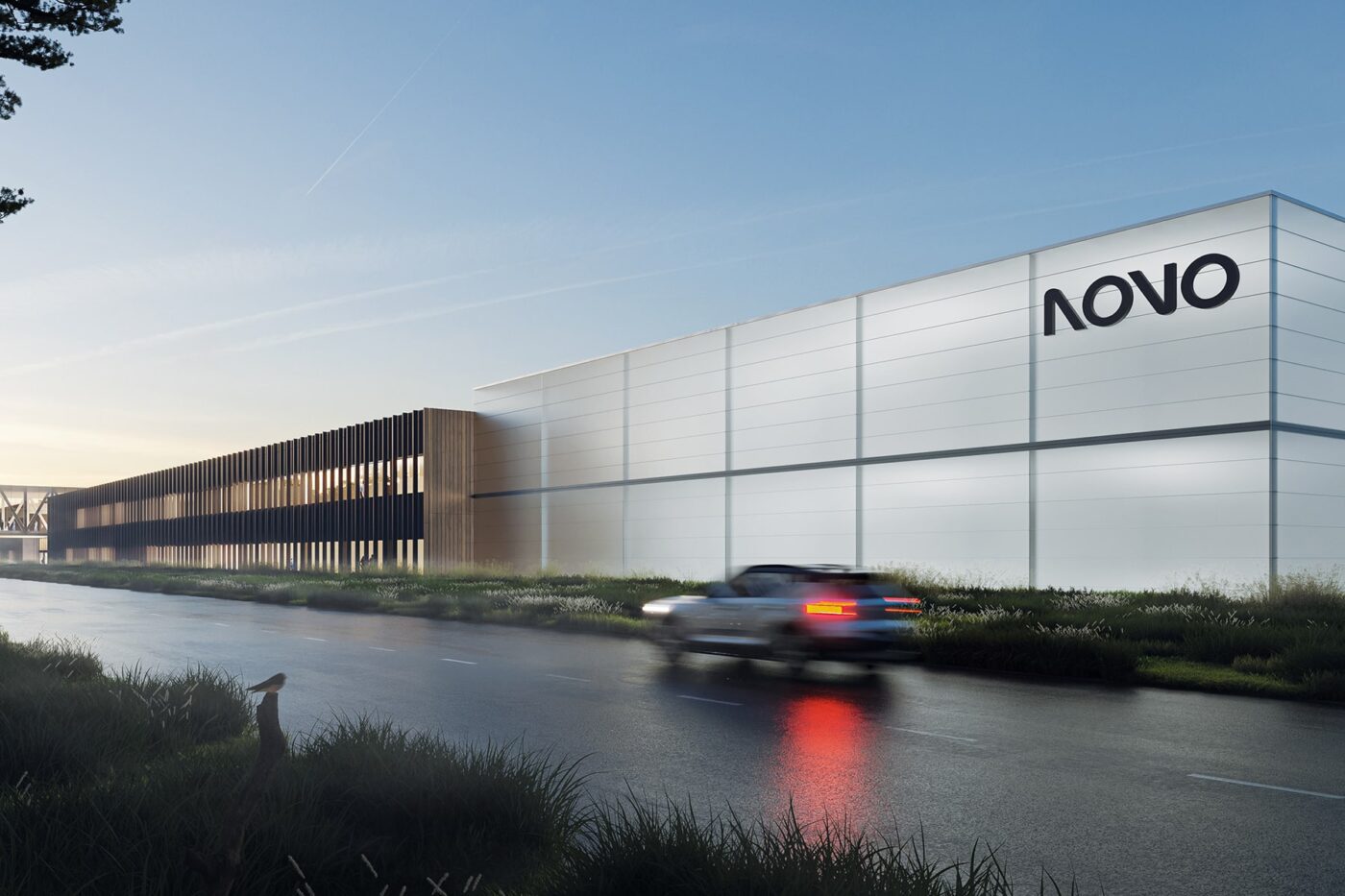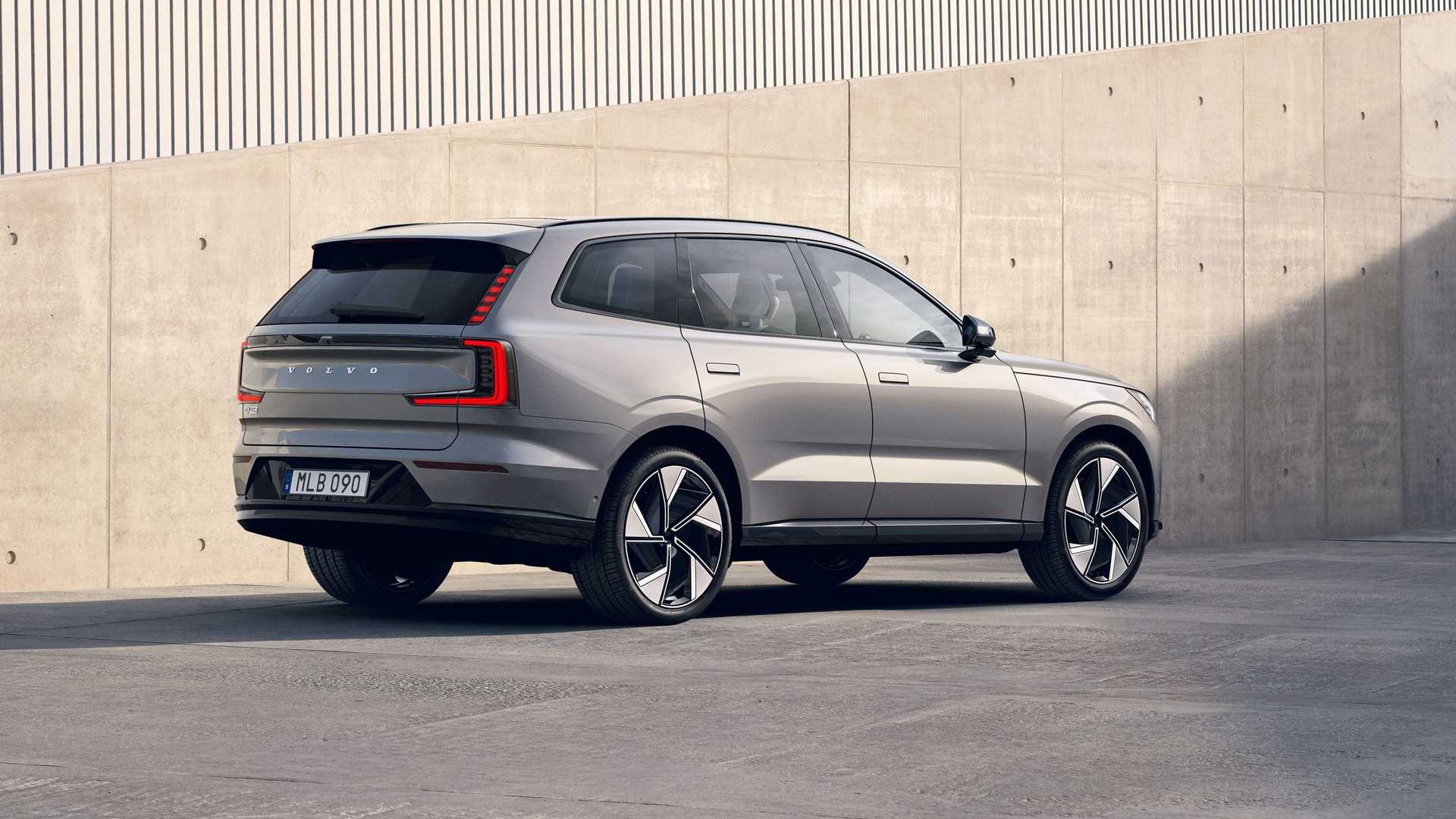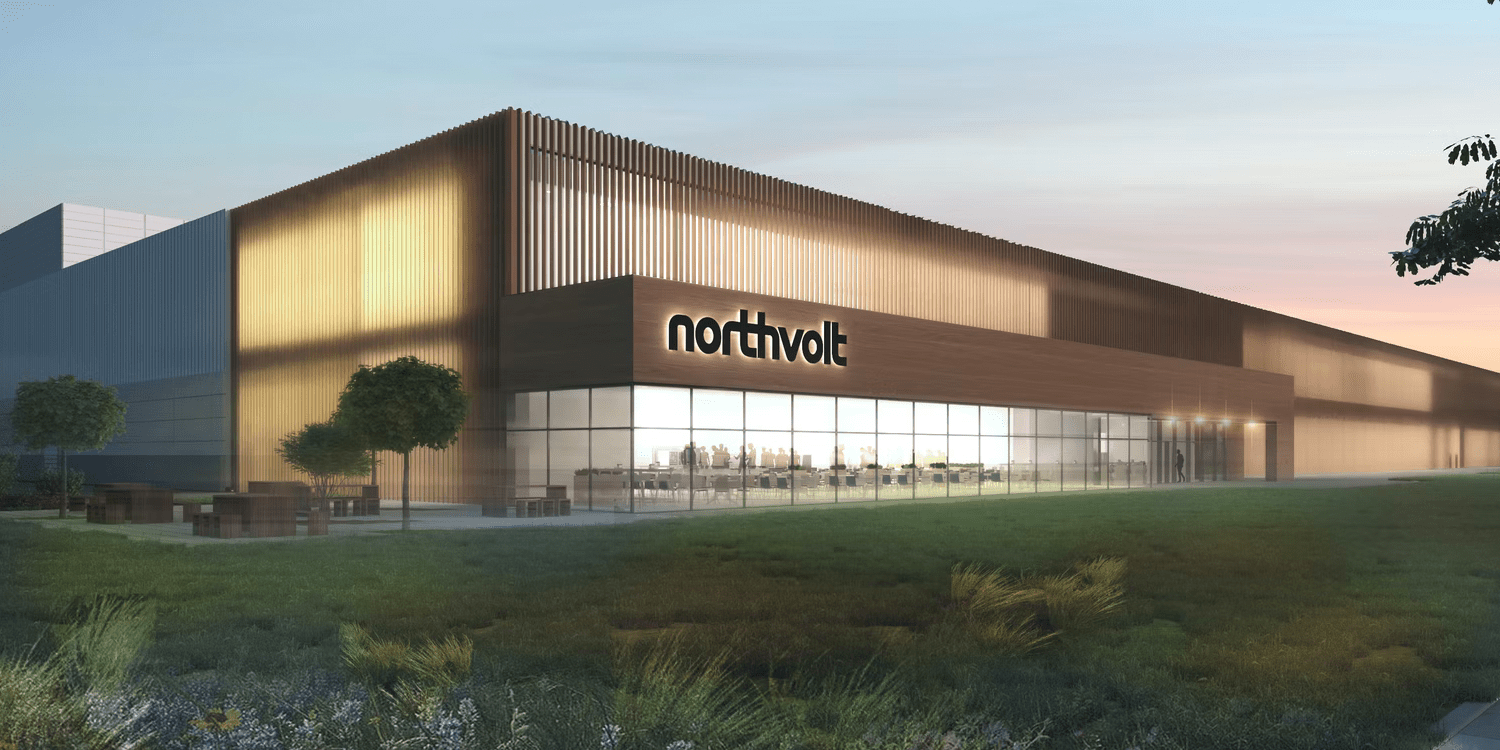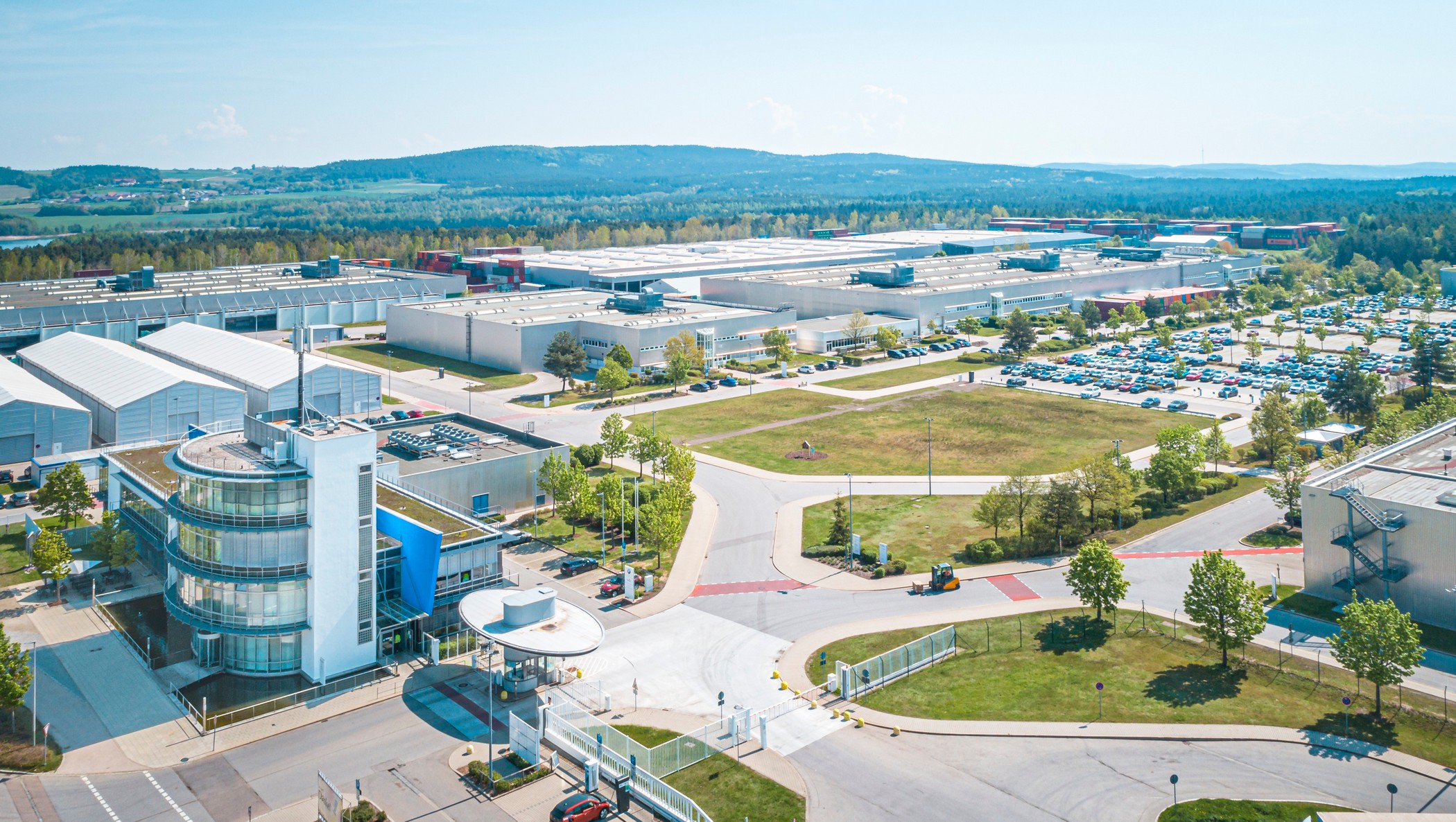South Korean battery cell manufacturer LG Energy Solution (LGES) is actively seeking collaboration for the establishment of a battery cell factory in India. According to reports from Reuters, LGES is engaged in discussions with the Indian steel conglomerate JSW Group, with plans to construct a battery cell facility with an initial annual capacity of 8 gigawatt-hours (GWh). Subsequently, this capacity is slated for expansion to reach 20 GWh in subsequent phases.
Both LGES and JSW Group have refrained from providing official comments on these potential negotiations when approached by Reuters. However, sources close to the matter, as cited by the news agency, have revealed that JSW Group is also in talks with several other major companies, including CATL, Panasonic, Toshiba, and others, to establish a local supply chain dedicated to electric vehicles (EVs) in India.
See also: LG Energy Solution (LGES) announced another battery factory in North America
JSW Group appears to be reconsidering its position in the EV market, potentially marking a significant reversal of its previous stance. In 2019, the company had abandoned plans for EV production. However, Reuters reports suggest that the company may now be contemplating a strategic shift.
Initially, JSW Group had contemplated acquiring a stake in the Chinese automaker MG Motor to initiate its foray into EV manufacturing. Nevertheless, discussions with MG Motor have been put on hold, and JSW Group is currently in negotiations with Chinese carmaker Leapamotor to explore technology licensing arrangements for the local production of electric vehicles under its brand in India.
India’s burgeoning EV market has garnered increasing attention from global players. The government has been actively promoting EV adoption through subsidy programs, such as FAME II, which has been extended until May 31, 2024. While this program primarily targets two- and three-wheeled electric vehicles, it underscores the government’s commitment to fostering electric mobility.
In 2021, India’s cabinet approved an incentive scheme amounting to approximately 260 billion rupees (equivalent to $3.5 billion) over five years. This initiative aims to stimulate the production of battery-electric and fuel-cell vehicles while also encouraging the manufacture of drones.
Furthermore, reports suggest that Tesla is exploring the possibility of establishing a manufacturing facility in India. Negotiations concerning “Giga India” reportedly resumed in July, with the electric car manufacturer also seeking to advocate for reduced import taxes on EVs within the Indian market.
However, it’s worth noting that not all foreign manufacturers have been able to gain a foothold in India’s EV sector. BYD, a prominent manufacturer, faced a setback when its application to invest approximately one billion dollars in a new production facility for electric cars and batteries in India, in partnership with Indian company Megha Engineering and Infrastructure (MEIL), was rejected by the government.
As India continues to evolve into an increasingly attractive market for electric mobility, collaborations and investments by global players like LG Energy Solution and JSW Group signal a growing commitment to harnessing the country’s potential in the electric vehicle industry.


